
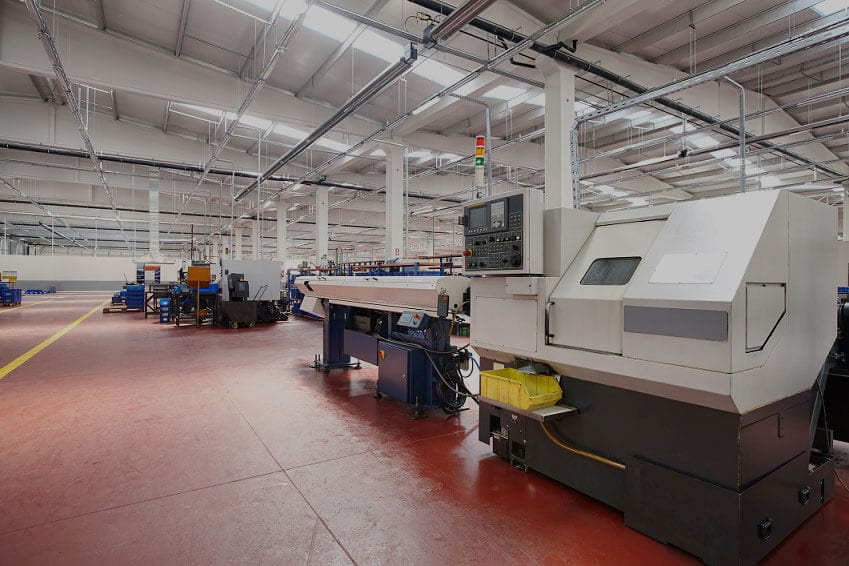


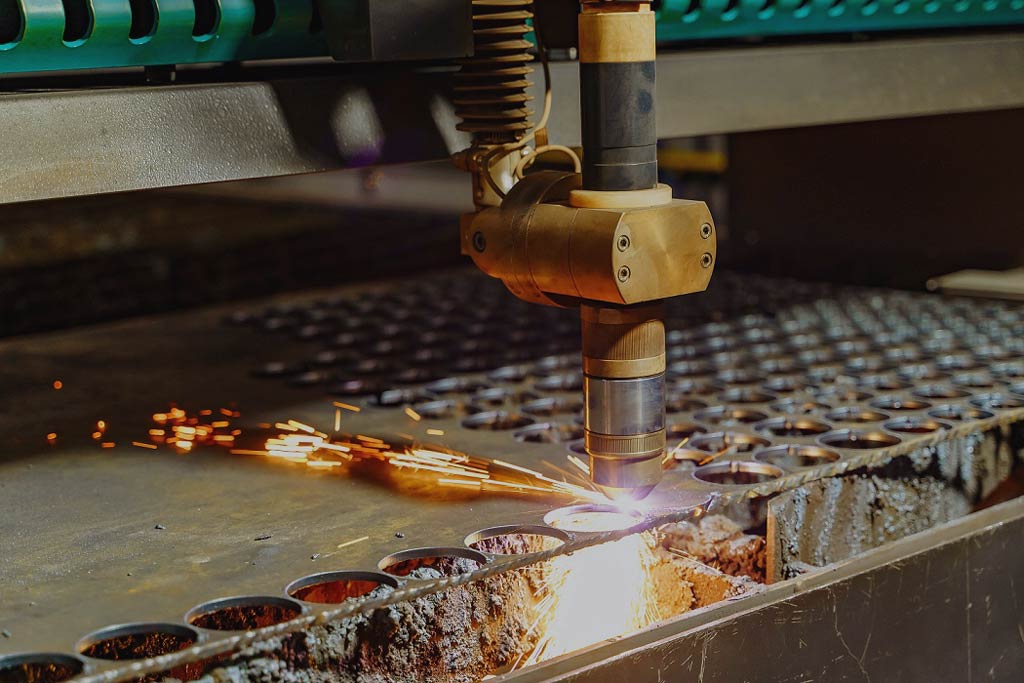
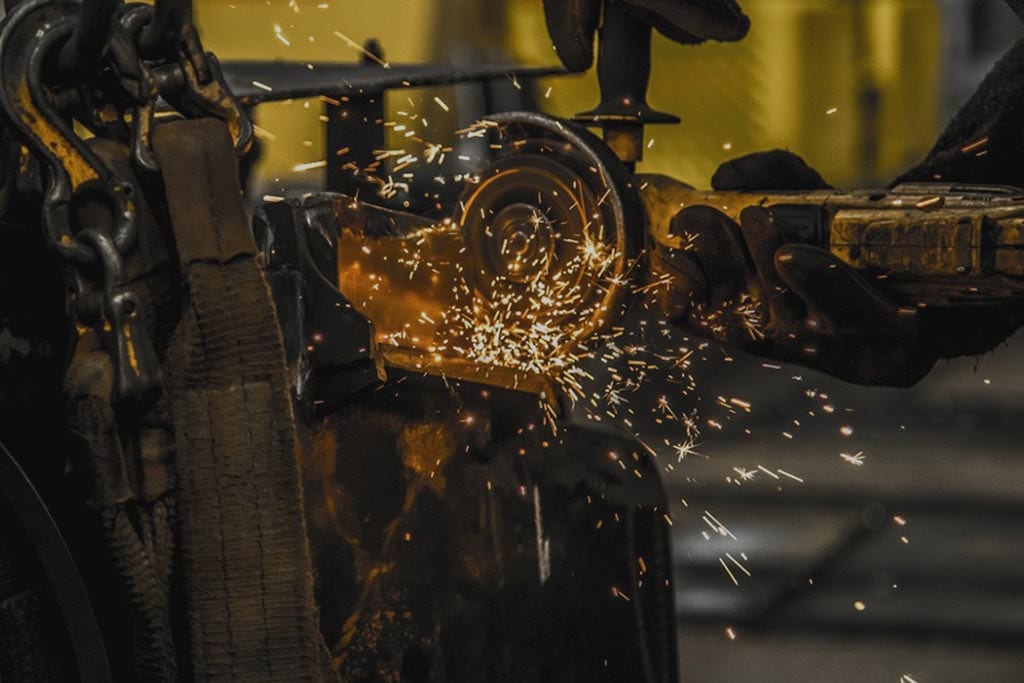
One-stop-shop for all your
Omnidex is a British owned and managed company that offers and specialized in one-stop product engineering and industrial manufacturing services. We pioneered the Omnichannel Manufacturing approach that provides quality engineering solutions at a competitive price to global clients and always apply the services in nearly every industry including aerospace, medical, automotive, consumer products, agriculture, oil and gas, and more. All work is carried out to the highest standards of workmanship and with as fast a turnaround as possible.
As a company that has been ISO 9001 certified for more than 12 years, we have a series of stringent quality control processes to ensure our products are up to the highest standards.
Whatever your requirements may be, rest assured that we can provide the expertise you are looking for. Learn more about Omnidex on our website as we take you through our operations.
As a leading industrial manufacturer based in China & Vietnam and over the globe, we offer complete solutions of metal castings, metal fabrications, precision machining, plastic fabrication and more one-stop manufacturing processes and solutions.
OMNIDEX is strategically based in Guangzhou, China; while our factories are mainly located in China, Vietnam and the UK. Therefore, we are capable of delivering products on time and deal with shipping issues in time. Also, the region we are in has a highly concentrated mold industry, which allows us to have many local suppliers to provide us with on-time services and required materials reliably.
With our metal casting capabilities, we meet the needs of our customers regardless of the type of metal casting or other manufacturing requirements. With expertise and skillful engineers, our team is able to manufacture from cast iron to aluminum castings, small to very big volume casting parts and simple to intricate casting pieces.
With our metal casting capabilities, we meet the needs of our customers regardless of the type of metal casting or other manufacturing requirements. With expertise and skillful engineers, our team is able to manufacture from cast iron to aluminum castings, small to very big volume casting parts and simple to intricate casting pieces.
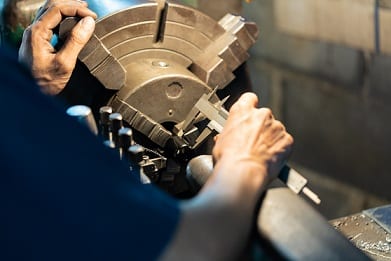
We offer precision-engineered prototyping services that include 3D printing, electronic boards, rapid urethane casting, and CNC machining, among others. With our highly specialized team of experts, we can construct mock-ups, prototypes, and profiles fast and with high quality.
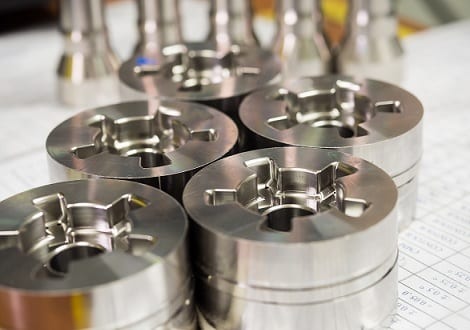
We produce powdered metal parts with the highest engineering standards. Besides delivering exceptional manufacturing and engineering solutions, with outstanding customer service, we make sure that YOU, as our customer, receive exceptional value.

With our experience, competence, innovative solutions and international manufacturing services, Omnidex CN is a trusted partner for the metalworking and manufacturing industries supported by our global distributed facilities and over 200 sub-contracting service providers.
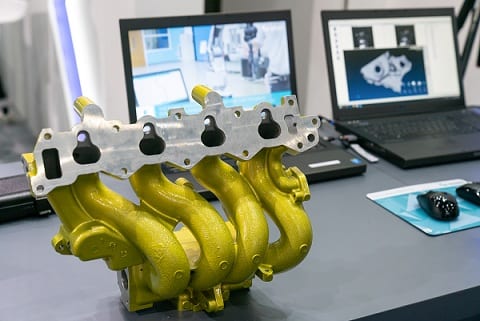
OMNIDEX CN specializes in custom metal casting. With our OEM metal foundry manufacturing capabilities, we serve industries ranging from machinery, transportation, marine, machining, to urban decoration. Our Catalogue offers an overview of our production capacity and metalworking expertise.
We are proudly serving clients globally with 1000+ top-quality metal casting parts; and with the advanced instruments in our quality foundries and laboratories, we can inspect and test components thoroughly during the production processes. As a result, we can meet strict quality control and exceed every clientexpectations.
No matter your project is complicated or simple, no matter is metal or plastic, you will get an accurate and free quotation within 24 hours.
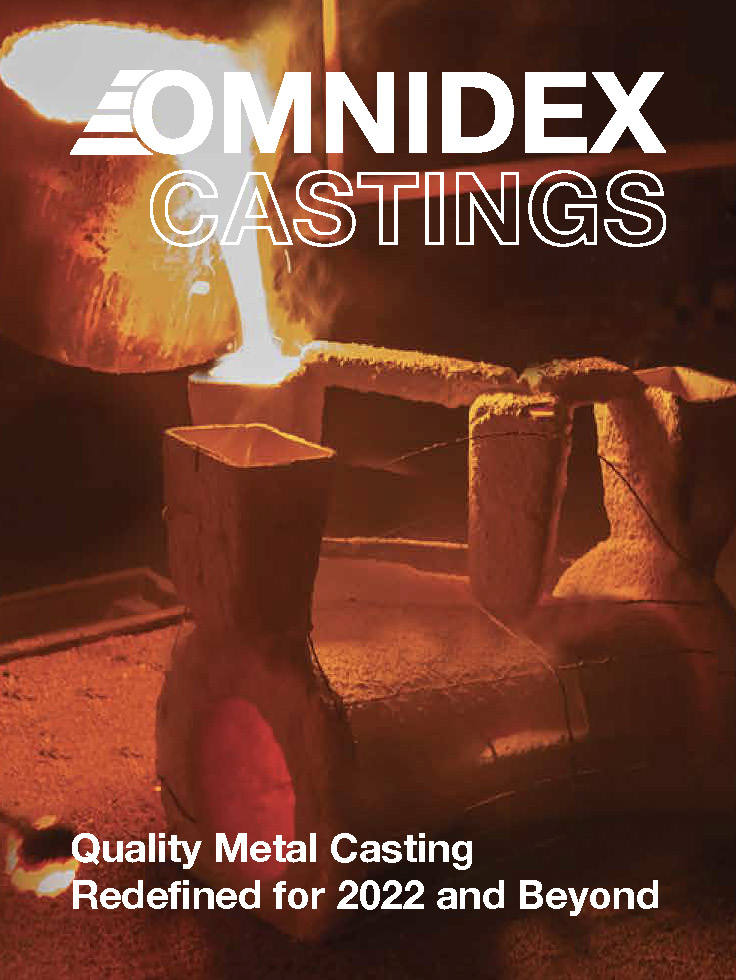
If you are looking for metal casting services, our brochure is a great way to discover what Omnidex has to offer. You can download HERE to learn more.

Copyright © 2024 Omnidex. All rights reserved.